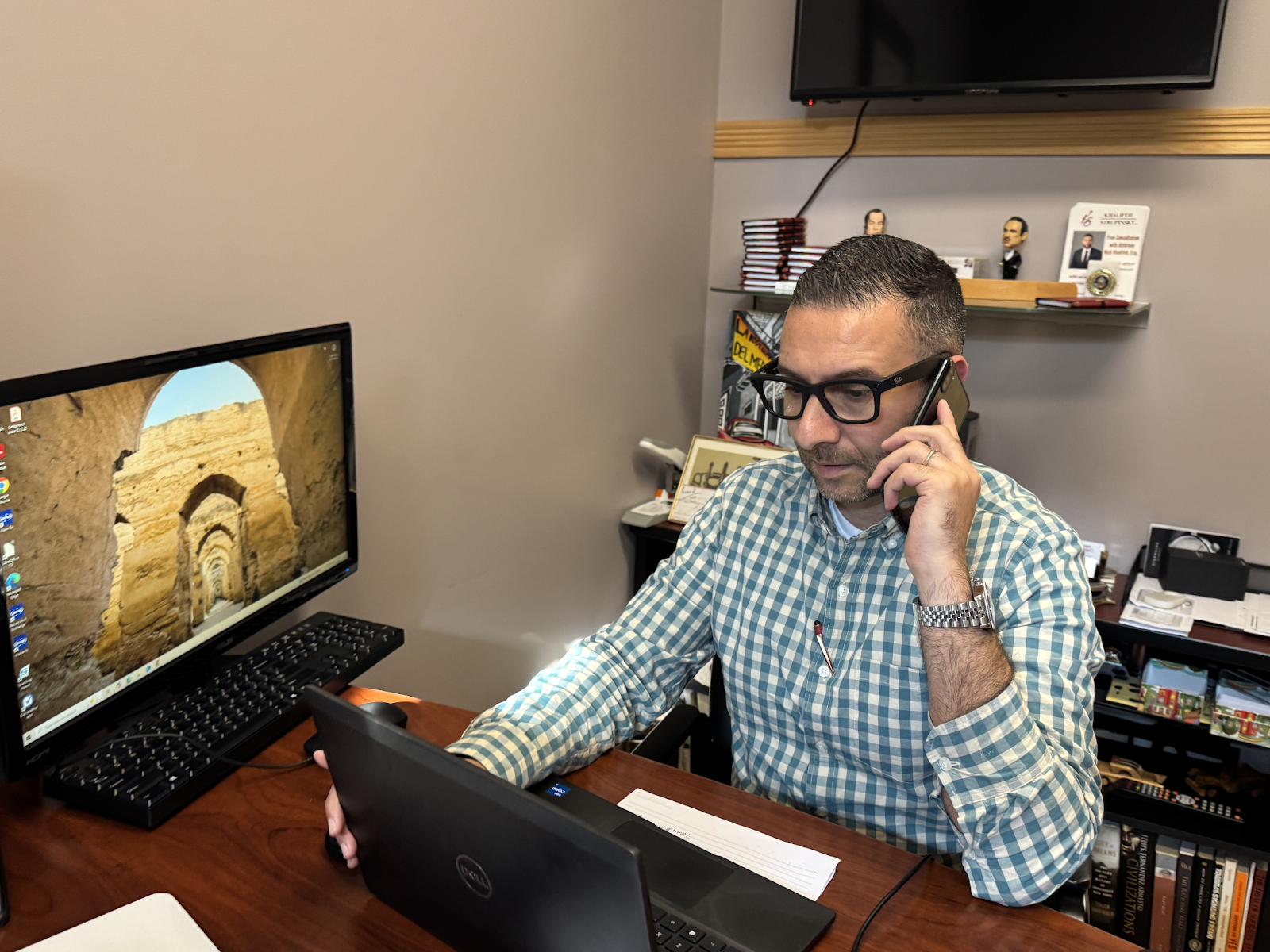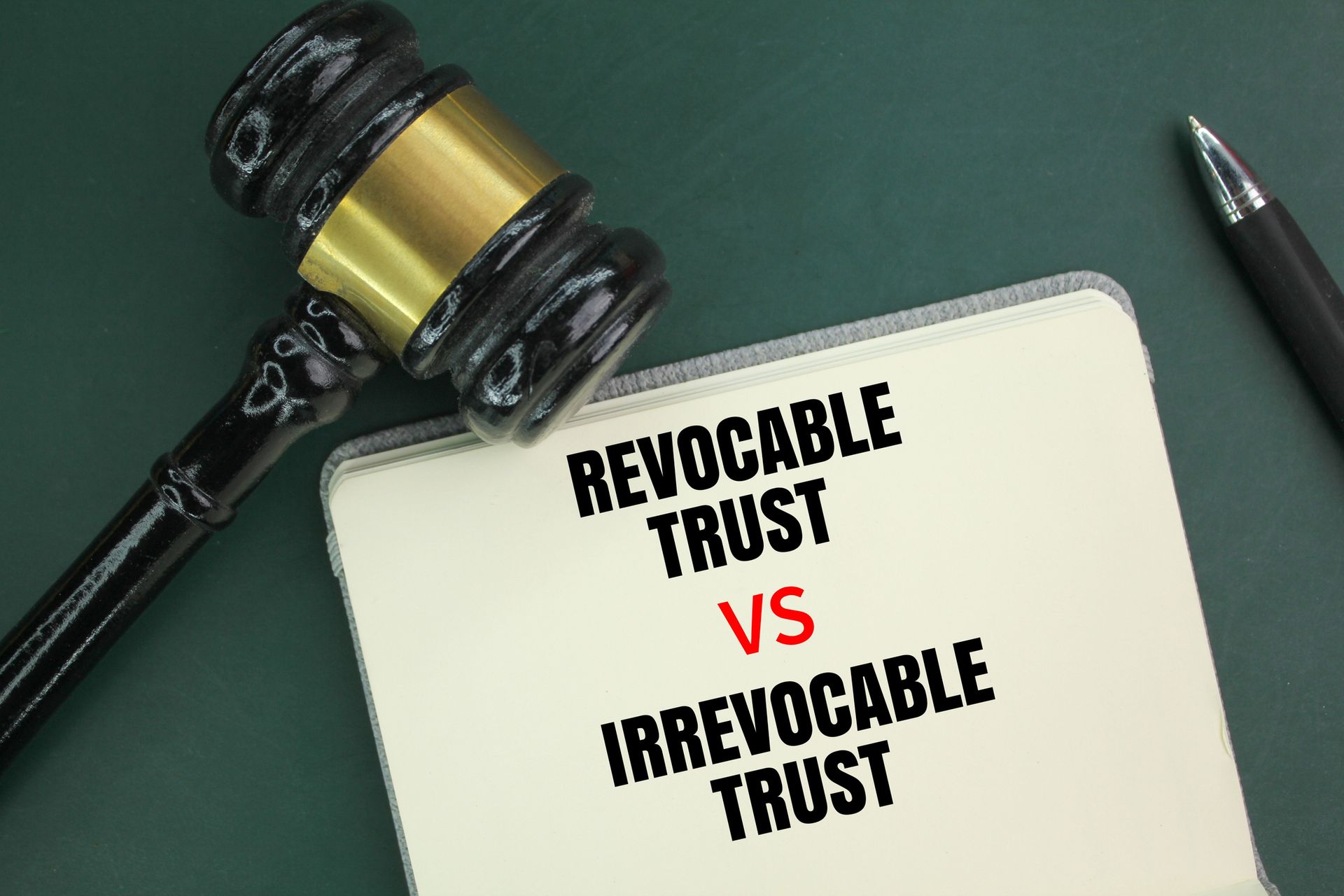The Role of an Executor in Estate Planning
When planning your estate, one of the most important decisions you will make is choosing an executor. Also referred to as a personal representative, the executor is responsible for overseeing the administration and distribution of your estate in accordance with your will. Understanding this role is essential to ensure your wishes are carried out efficiently and legally.

What Is an Executor?
An executor is an individual or institution appointed to administer the terms of a will after the death of the person who created it. This includes managing assets, paying debts and taxes, and distributing property to the beneficiaries as outlined in the will. The position carries significant legal responsibilities, and the executor must act in the best interests of the estate and its beneficiaries.
Key Responsibilities of an Executor
1. Financial Oversight and Asset Distribution
An executor must identify, collect, and manage the deceased person's assets. Responsibilities may include closing bank accounts, locating life insurance policies, and distributing inheritance assets to the appropriate heirs. Completing these tasks in a timely manner is essential to avoid delays in the probate process.
2. Managing Debts and Taxes
Another important duty involves addressing any outstanding debts and financial obligations. This includes filing final income tax returns, settling with creditors, and ensuring all required payments are made before any distributions to beneficiaries occur. Executors have the authority to use estate assets to satisfy these obligations.
3. Navigating the Probate Process
In many cases, the executor must file the will with the appropriate probate court, notify beneficiaries, and manage any potential legal disputes or claims. The probate process can be complex, especially for larger estates, and requires careful attention to legal procedures and court deadlines.
4. Communication and Coordination
Executors are expected to keep beneficiaries informed about the estate's status and progress through probate. This often involves coordinating with attorneys, accountants, and financial professionals to ensure the estate is administered properly.
Choosing the Right Executor
Selecting the right executor is a crucial part of estate planning. The ideal person is responsible, detail-oriented, and capable of managing financial matters. While many people appoint a trusted family member or friend, it is also common to designate a legal or financial professional, especially for complex or high-value estates.
The Importance of Legal Support
Estate administration can involve complicated procedures and sensitive decisions. Legal counsel can offer critical guidance on choosing an executor, preparing an effective will, and ensuring the probate process is handled in compliance with state law. An attorney can also support the executor in fulfilling their duties, minimizing risks, and helping to prevent disputes among beneficiaries.
Let Khalifeh & Strupinsky, P.C. Assist You
If you are planning your estate or have been named an executor and need guidance, Khalifeh & Strupinsky, P.C. is here to help. Based in New York, we provide comprehensive estate planning and probate legal services tailored to your individual needs. Contact us today at 917-717-5007 or fill out our online form to schedule a consultation.











